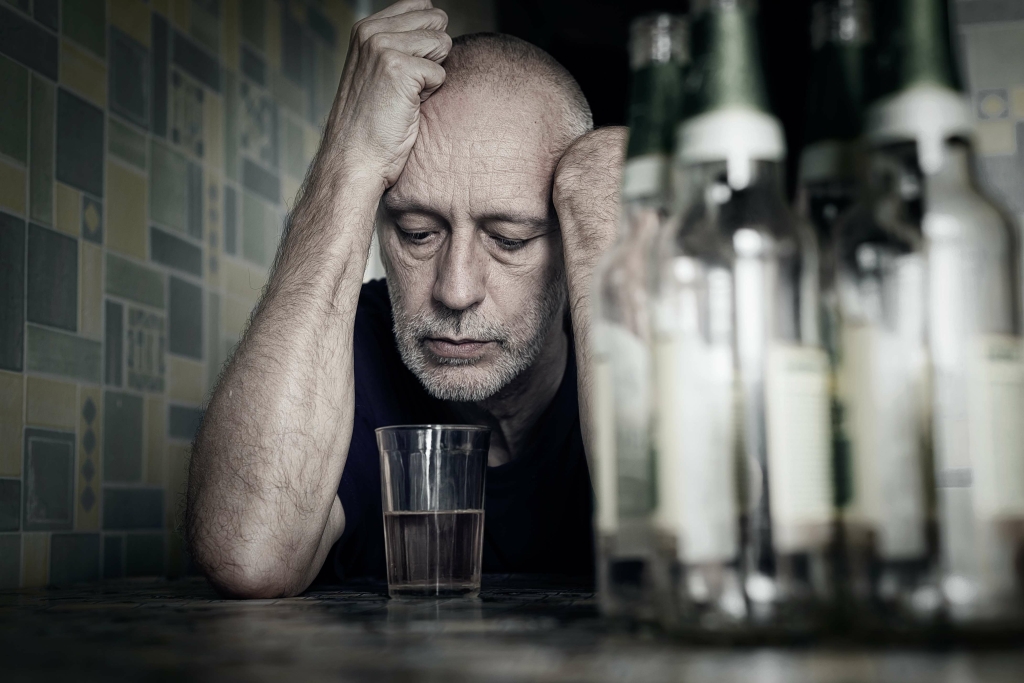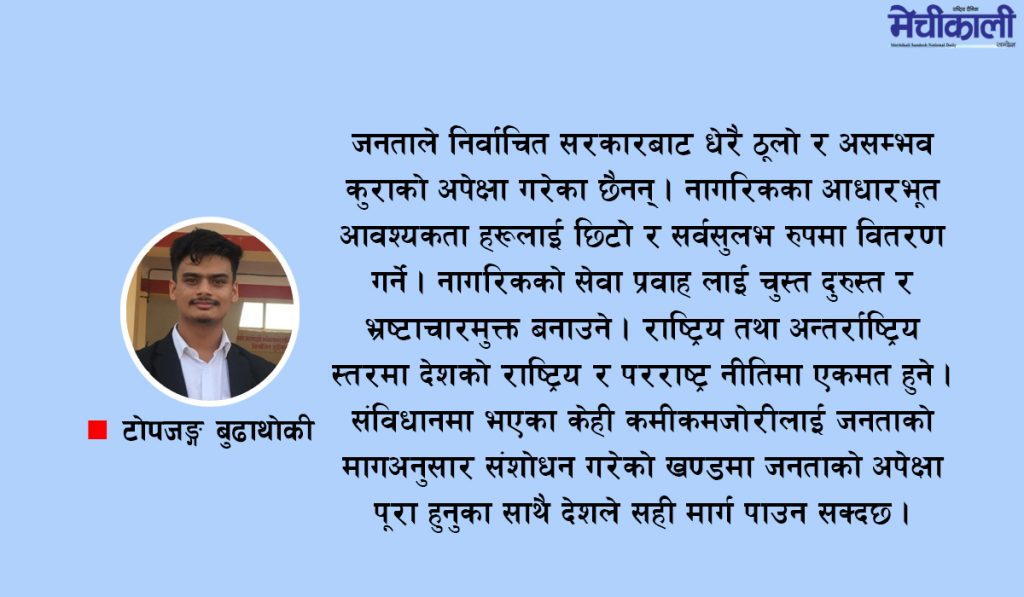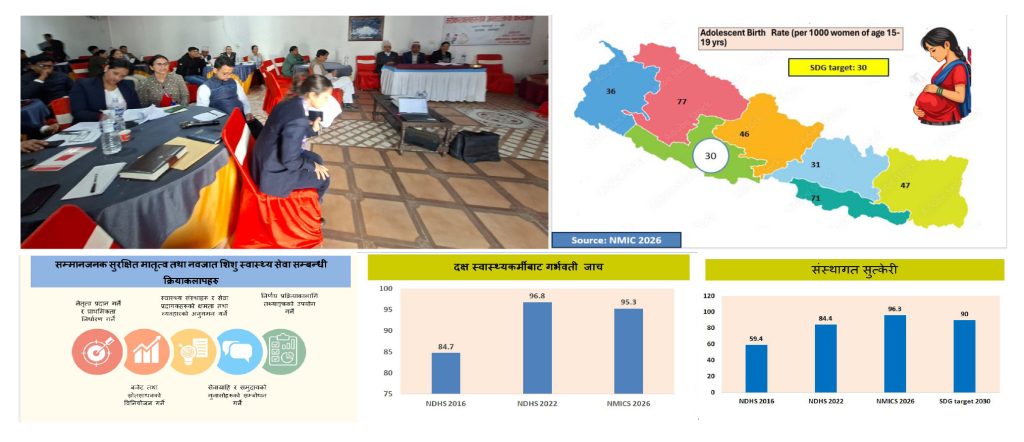
Content
Similarly, an alcoholic who experiences repeated panic attacks or other anxiety symptoms requires intervention for the anxiety, regardless of the cause. Alcoholics who experience high levels of anxiety or nervousness, including panic attacks, will likely benefit from education and reassurance as well as from behavioral therapies aimed at increasing levels of relaxation. The relationship between alcohol-use disorders and psychiatric symptoms is both clinically important and very complex . The greater the amounts of alcohol consumed and the more regular the intake, the more likely a person will be to develop temporary anxiety and depressive symptoms. As consumption increases even more, these symptoms also are likely to intensify.
Studies have shown that, among people abusing alcohol, somewhere between 30 percent and 50 percent suffer depressive symptoms at any given time. While a few beers or glasses of wine can seem to relieve stress and make you feel more relaxed and calm, alcohol makes depression worse they can actually put you at an increased risk of depression. When you enter the treatment center, a team of healthcare providers will design your personalized treatment plan. Most plans include psychotherapy, support groups, and medication.
Medication For Depression
You’ll benefit from the support of others who know what it’s like to be in your shoes, which can lessen feelings of isolation and help you feel connected. People with depression tend to have higher levels of cortisol in their bloodstream to begin with. Excessive alcohol consumption can exacerbate this, causing feelings of depression to become worse. Because of its role in our “fight-or-flight” response, increased levels of cortisol can cause feelings of chronic stress. This continual state of “high alert” can also affect your serotonin levels, increasing depression. Despite what most people might think or feel, alcohol makes symptoms of depression worse. Alcohol abuse can trigger health crises that can lead to or worsen depression.

Drinking water may not have a direct impact on feelings of depression, but rehydrating can absolutely help you start feeling better physically. As hangover symptoms begin to subside, the emotional effects may follow.
Is Alcohol Linked To Depression?
The most common treatment options are included below, but know that recovery requires a personalized treatment plan that best suits your mental health needs. The co-occurrence of a major depressive disorder and an alcohol use disorder is surprisingly common. Due to the nature of co-occurring conditions, it is highly recommended that individuals receive treatment from a rehab facility specializing in alcoholism and depression. These programs are not only safe and effective, but they also help people prepare to acclimate back into everyday life. Many centers are also able to provide aftercare recommendations to help ensure sobriety after rehab. If you have any of these symptoms, rest assured depression is very common and can affect anyone.
Why tequila is not a depressant?
Despite the fact that you may have seen people drinking tequila get raucous and overly-energetic, it is a depressant. This is because it is a form of alcohol, or ethanol, which is the same intoxicating ingredient in wine, beer, and other liquors. The alcohol molecule is the same in all types of alcoholic drinks.
As dopamine and serotonin levels diminish, an individual’s mood plummets. At this point, alcohol starts to act like a depressant, slowing activity in the central nervous system. It’s involved in brain functions like memory and attention. Variations in this gene might put people at risk for both alcohol misuse and depression.
How Does Depression Cause Alcohol Abuse?
This can lead to a number of symptoms, including confusion, irritability, poor concentration, headaches, and disturbed sleep–symptoms very similar to those of depression. As blood alcohol levels rise, your levels https://ecosoberhouse.com/ of norepinephrine also rise. Norepinephrine is a hormone that makes you more alert and energetic so you can deal with possible threats. This is why you often get a boost of energy after a couple of drinks.
How does alcohol influence depression?
Drinking will only make depression worse. People who are depressed and drink too much have more frequent and severe episodes of depression, and are more likely to think about suicide. Heavy alcohol use also can make antidepressants less effective.
If you’re being treated, he suggests asking your doctor to make sure it’s OK for you to even drink at all—it may be contraindicated for some depression and anxiety medications. Someone with a depressive disorder may likely use alcohol to self-medicate and relieve depressive symptoms. There are also genetic and environmental risk factors that may make it more likely for someone to have both disorders. Even if a drinking problem doesn’t seem severe at first, if left untreated it can get worse and lead to more serious consequences. It’s never too early to address concerns with alcohol use—or concerns with mental health issues that might be affected by alcohol use. For example, if someone is experiencing depression, they may drink as a way to cope—and at first they may seem to feel better. But drinking too much alcohol often increases symptoms of depression which can then lead to more drinking or other drug use in an attempt to reduce worsening depression.














